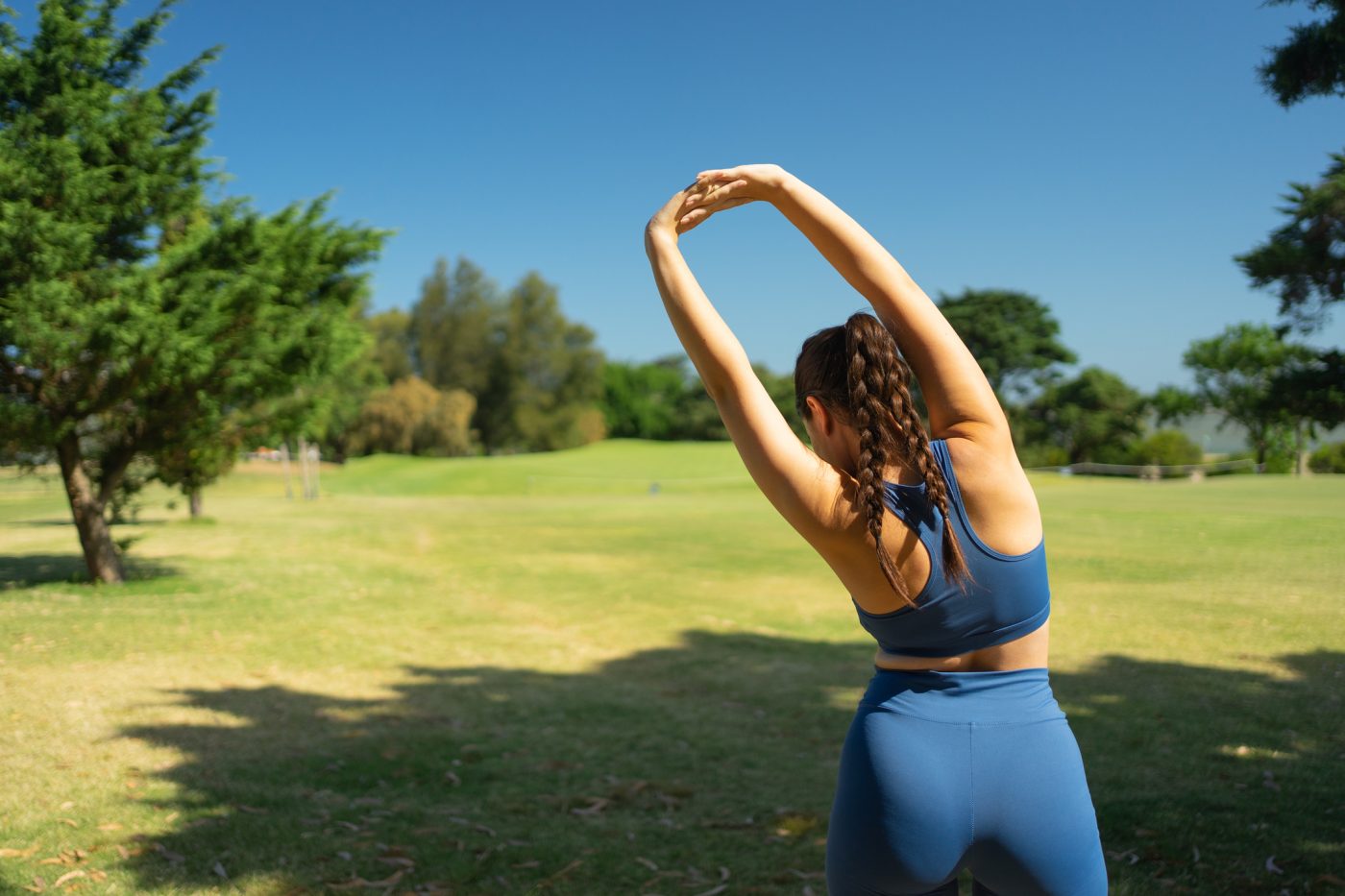Dr Steve Allder, consultant neurologist at Re:Cognition Health shared his insight with the Independent on a new study from the University College London (UCL) which highlighted the remarkable power of combining exercise and sleep to boost cognitive performance. The research, which involved 76 adults aged 50–83 years, sheds light on how 30 minutes of moderate to vigorous physical activity (MVPA) and a good night’s sleep can significantly improve memory, attention and overall brain health.
Below Dr Allder shares his view on the role that exercise plays with memory:
The Science Behind Exercise and Memory
When you engage in physical activity, your brain reaps numerous benefits. Exercise increases blood flow, delivering vital oxygen and nutrients that support brain health. It also stimulates the release of brain-derived neurotrophic factor (BDNF), a protein essential for the growth and survival of neurons. This process strengthens the connections between neurons, enhancing learning and memory.
Aerobic activities, such as brisk walking, jogging, or cycling, are particularly effective at boosting memory because they promote blood flow and BDNF production. Strength training, yoga or tai chi can also support cognitive health by reducing stress and encouraging the creation of new neurons in the hippocampus, a region critical for memory and learning.
Why Consistency Matters
Regular exercise amplifies these benefits over time. Routine activity maintains elevated levels of BDNF, creates neurogenesis and enhances synaptic plasticity, which strengthens neural pathways. It also helps reduce stress hormones like cortisol, which can harm memory when persistently high. Additionally, consistent physical activity improves mood and sleep, creating a positive cycle that supports cognitive function.
Sleep: The Memory Consolidator
The importance of sleep cannot be overstated when it comes to memory. While you rest, your brain processes and consolidates information from the day, transferring memories from short-term to long-term storage. Exercise plays a vital role here, too, by improving sleep quality and promoting deep sleep stages essential for memory consolidation. Together, exercise and sufficient sleep create a synergy that enhances the brain’s ability to encode, store and retrieve information.
Easy Ways to Boost Your Memory Through Exercise
If you’re looking to harness the brain-boosting benefits of exercise, there are some simple and effective activities that can be tailored to any age, ability and fitness level:
- Take a brisk 30-minute walk through your local park: Walking is one of the easiest ways to get moving, and doing it outdoors adds additional benefits. Strolling through nature can reduce stress, improve mood and boost creativity, thanks to the calming effects of green spaces. For an extra challenge, vary your pace or try routes with slight inclines to increase cardiovascular benefits.
- Dance to your favourite songs to combine fun with physical activity: Dancing is a fantastic way to exercise your body and mind. Choosing music you love makes the activity enjoyable and the coordination required for dance helps stimulate brain regions associated with memory and motor skills. Whether it’s a solo dance session at home or a dance class with friends, you’ll be boosting your health while having a great time.
- Try gentle yoga or tai chi for a blend of movement and mental focus: These practices combine physical movement with mindfulness, making them particularly beneficial for brain health. Yoga enhances flexibility and balance while encouraging deep breathing, which can lower stress levels. Tai chi, often described as “meditation in motion,” improves coordination, promotes relaxation and strengthens memory through its structured, repetitive movements.
- Hop on a bike, whether outdoors or stationary, to enjoy a low-impact workout: Cycling is an excellent way to increase blood flow to the brain, supporting cognitive function. Outdoor cycling allows you to explore new areas, which can engage your memory and spatial awareness, while stationary cycling provides a convenient, weatherproof alternative. To keep it interesting, try interval training by alternating between slower pedalling and short bursts of high-intensity effort.
Read the full article in the Independent: https://www.independent.co.uk/life-style/health-and-families/people-university-college-london-rem-dance-b2661882.html
Read the full study in the International Journal of Behavioral Nutrition and Physical Activity: https://ijbnpa.biomedcentral.com/articles/10.1186/s12966-024-01683-7
 Visit our USA website
Visit our USA website





